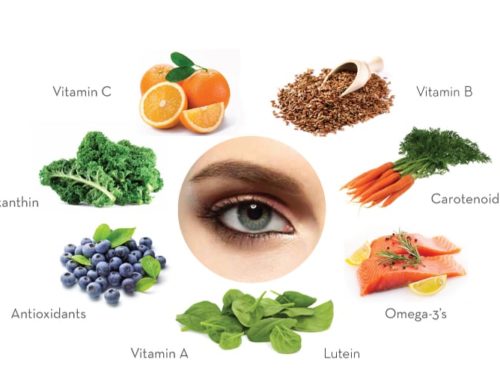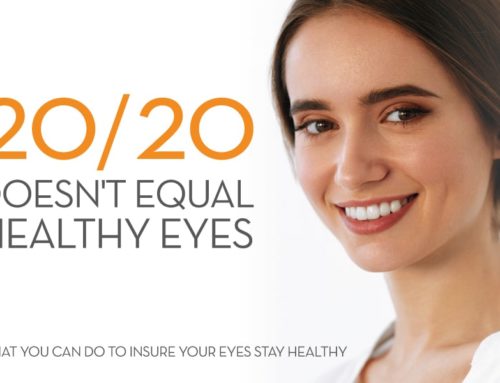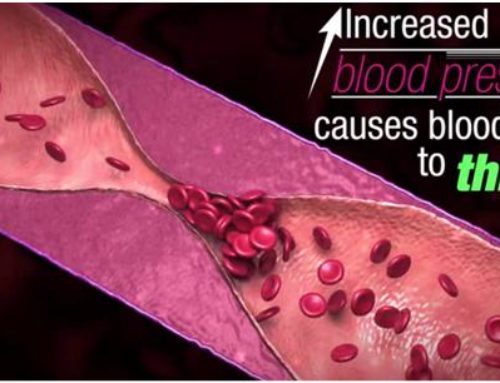Our Eye Care Clinic Staff In Chicago Explore the Correlation between Eye Health and Diet
How Your Daily Food Choices Impact the Health of Your Eyes
“You are what you eat” is a common phrase used in our culture, but is there any truth to the fact that our food choices impact our health? Growing evidence has shown that healthy dietary habits have a direct impact on overall health and wellness, which means that you should take a close look at the quality of foods that you choose to eat. Within this latest post, the team at our eye clinic in Chicago reviews the impact of foods choices on your eye health.
When it comes to your vision and eye health, diet matters. You can eat certain types of foods to decrease the risk of vision problems. Protecting your eyesight is essential, especially because most eye diseases are irreversible after the damage has occurred.
These are the types of foods that you need to include in your diet to maintain healthy eyes:
Leafy Green Vegetables
Choose brightly-colored vegetables, and try to eat a variety of them with your meals. These vegetables contain antioxidants that fight off free radical damage in your body. They are packed with nutrients that support overall health, especially when you choose leafy greens. Eat salads regularly, and choose dark green leaves such as collard greens, turnip greens, romaine, kale, and spinach.
Leafy greens are especially important because they contain nutrients that have a direct impact on your eyes: zeaxanthin and lutein. These nutrients are antioxidants that help slow the degeneration of the retina and the lens of the eye. Additionally, Lutein helps to protect the eye from the light of the sun.
Vitamin A is also available from leafy greens, and this nutrient is helpful to protect the cornea of the eye. Carrots are another good source of vitamin A, which is why many people associate carrots with good vision.
Fruits for Vitamin C
Vitamin C is an important antioxidant that helps to boost the immune system and prevent age-related eye diseases. When you increase your consumption of fruits with vitamin C, then it means that you can reduce your risk of macular degeneration, cataracts, and other health problems.
Choose citrus fruits such as tangerines, grapefruits, oranges, and lemons. Berries are also a great choice because they are high in vitamin C as well as other antioxidants that are beneficial for your health.
Omega-3 Essential Fatty Acids
 The team at our eye clinic in Chicago has found consuming the right types of fats can have a direct impact on your eye health and overall wellness. Most people don’t get enough omega-3 essential fatty acids in their diet, so you need to be proactive to add certain types of foods to your menu. Omega-3s help with the health of your retina, and they can also be beneficial in reducing the symptoms of dry eye syndrome.
The team at our eye clinic in Chicago has found consuming the right types of fats can have a direct impact on your eye health and overall wellness. Most people don’t get enough omega-3 essential fatty acids in their diet, so you need to be proactive to add certain types of foods to your menu. Omega-3s help with the health of your retina, and they can also be beneficial in reducing the symptoms of dry eye syndrome.
To boost your consumption of omega-3s, add these foods into your meal plans: walnuts, halibut, tuna, and salmon. You might also choose a supplement that includes omega-3’s, such as fish oil.
Certain Supplements
Claims about the role that certain nutritional supplements play in preventing common eye diseases are on the rise. The research is still evolving and is not without debate. However, there is research and clinical trials that suggest that some supplements may benefit those at high risk for advanced eye diseases such as age-related macular degeneration (AMD).
Macular pigment (MP) is the yellow pigment found only in the macula of the retina, which controls central visual acuity and color vision. Macular pigment also is a powerful antioxidant and helps protect the retina from the damaging effects of blue light. Fat-soluble supplements found in the retina and lens, such as Lutein and Zeaxanthin, are credited with improving eye health and protecting vision. For example, in a recent study (2016), adults with healthy eyes who took a daily nutritional supplement containing lutein, meso-zeaxanthin, and zeaxanthin for 12 months showed improved contrast sensitivity compared with people who took a placebo. This research suggests that people who have a mild stage of AMD would benefit from taking supplements to prevent end-stage AMD.
For more information about maintaining healthy eyes, the best thing that you can do is talk with an eye doctor in Chicago. Contact our eye experts in Chicago at the Village Eyecareclinic, and we will gladly schedule an appointment so that you can discuss your vision with an experienced optometrist.








